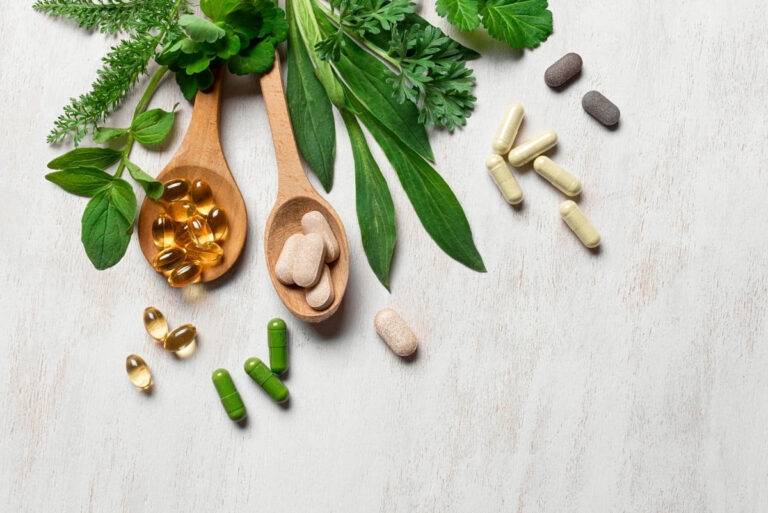When it comes to supplements, the market is overflowing with promises of better health, more energy, and longer life. Yet, as someone who’s spent years navigating the intersection of medicine and nutrition, I’ve come to a rather surprising conclusion: most supplements aren’t worth your money. But there are two exceptions that I’ll always recommend. Let me explain why.
The Billion-Dollar Supplement Industry
Everywhere you look, there are ads and influencers touting the benefits of vitamins, minerals, and other supplements. It’s no wonder the global supplement industry is worth billions. But just because something is popular doesn’t mean it’s effective. Tim Spector, a renowned professor of genetic epidemiology at King’s College London and co-founder of ZOE, is one of the many experts challenging the belief that supplements are essential.
According to Spector, scientific evidence behind many supplements is shaky at best. He explained in an interview with Business Insider, “The science doesn’t prove that any of these supplements work definitively, so people are just wasting their money.” This sentiment aligns with what I’ve seen in my practice: supplements often serve as a shortcut for people who could benefit more from a balanced diet.
The Problem With Most Supplements
Take vitamin D, for example. It’s frequently recommended, especially in regions with limited sunlight. While it may sound like a no-brainer for many, Spector’s deep dive into the research revealed inconsistent findings for its benefits in healthy individuals. The same goes for omega-3 supplements. Unless you have a specific deficiency or medical condition, you likely don’t need these products.
From my experience, many people turn to supplements as a safety net, believing they’ll fill nutritional gaps without putting much effort into their diet. However, supplements can’t replicate the complex, synergistic benefits of whole foods. That said, there are two supplements I’ve seen make a tangible difference—and science backs them up.
The First Exception: Vitamin B12
The first supplement I trust is vitamin B12, and for good reason. B12 plays a critical role in DNA synthesis, nerve health, and the production of red blood cells. If you follow a vegetarian or vegan diet, like Spector himself, it’s almost impossible to get enough B12 from food alone, as it’s predominantly found in animal products.
I’ve had patients who experienced fatigue, brain fog, and even nerve issues that were directly linked to a B12 deficiency. After incorporating a high-quality B12 supplement into their routine, many reported feeling significantly better within weeks. If you’re on a plant-based diet, this supplement isn’t just helpful; it’s essential.
The Second Exception: Whole-Food Blends for Gut Health
The second supplement I stand by isn’t your typical pill or powder. It’s a whole-food blend designed to support gut health, like the one developed by Spector’s company, Daily 30+. This product combines seeds, nuts, legumes, and whole grains to promote a diverse microbiome—a cornerstone of overall health.
Spector emphasizes the importance of eating at least 30 different plants each week to maintain a healthy gut. This diversity has been linked to significant health benefits, including better digestion, a stronger immune system, and even improved mental health. For those who struggle to meet this goal, a well-formulated whole-food supplement can bridge the gap.
I’ve recommended similar products to patients dealing with gut issues, and the results are often remarkable. Increased plant diversity not only helps the microbiome thrive but also provides a wealth of nutrients that support overall well-being.
Food First, Supplements Second
The overarching message is clear: nutrition should come from food, not pills. Supplements can be helpful in specific situations, but they’re not a replacement for a balanced, nutrient-rich diet. As Spector aptly puts it, “If some supplements are necessary for certain people, the majority should view food as their primary source of nutrients.”
So, before you stock up on bottles of vitamins and powders, take a closer look at your plate. Focus on variety, prioritize whole foods, and don’t be afraid to seek advice from a healthcare professional. If supplements are needed, they should be targeted and evidence-based—like vitamin B12 for vegans or a whole-food blend to support gut health.
In the end, investing in your diet will always yield better returns than relying on the latest supplement trends. And that’s advice I trust both as a doctor and as someone who believes in the power of real food.






